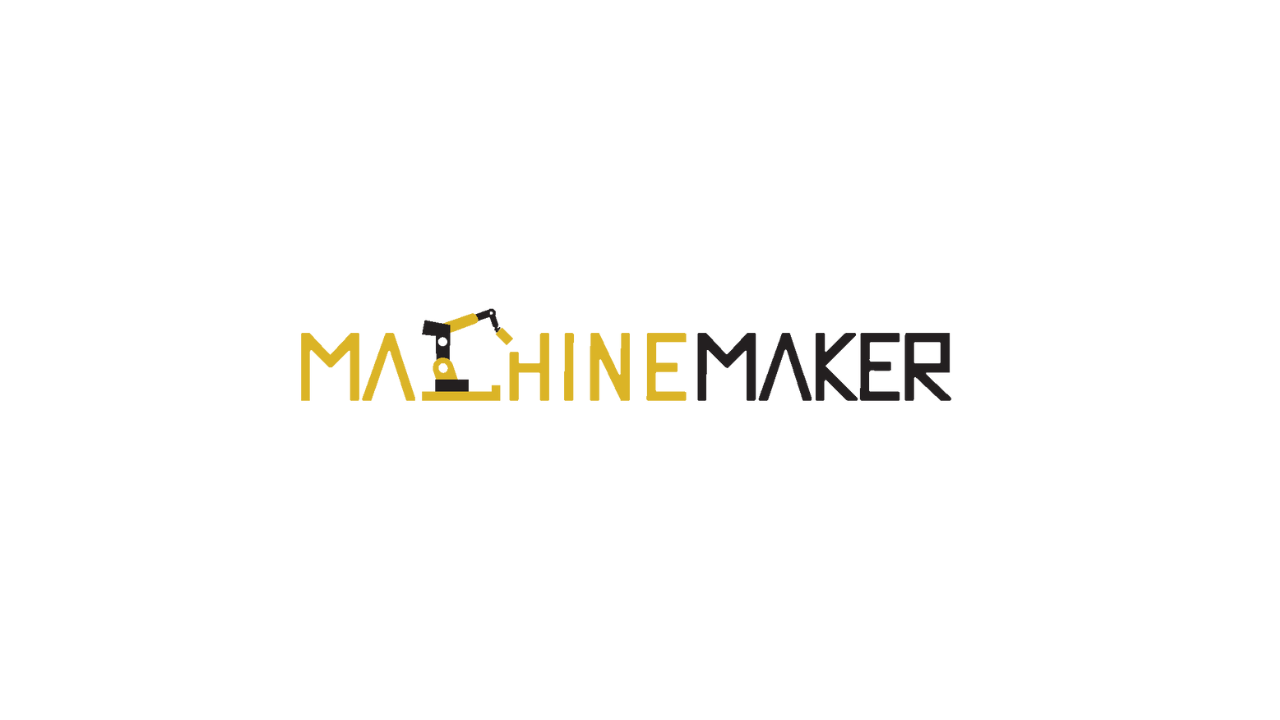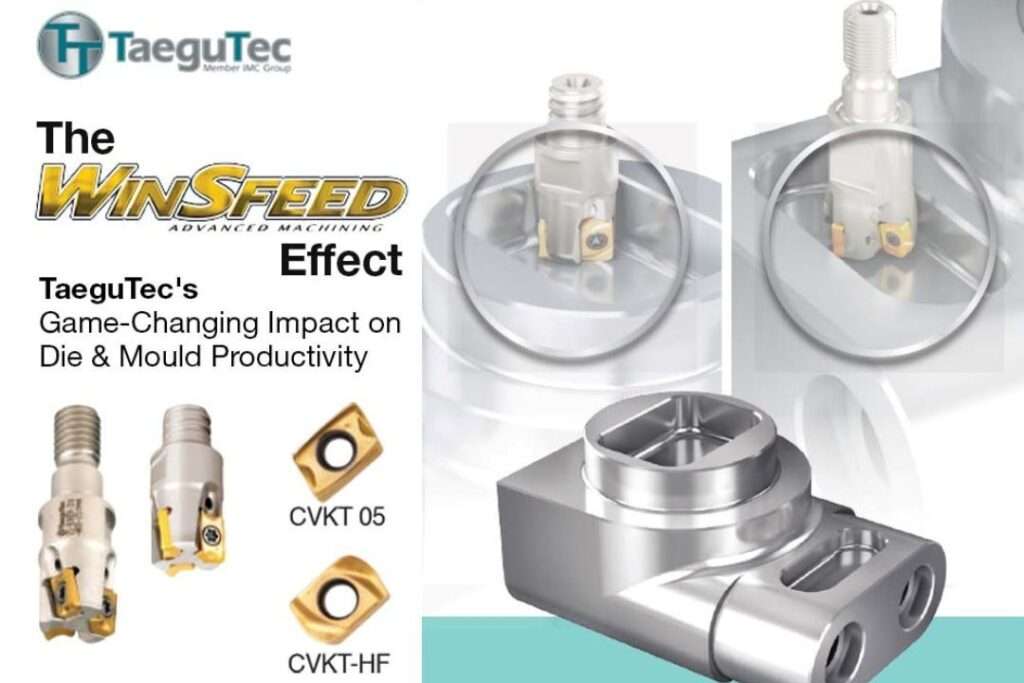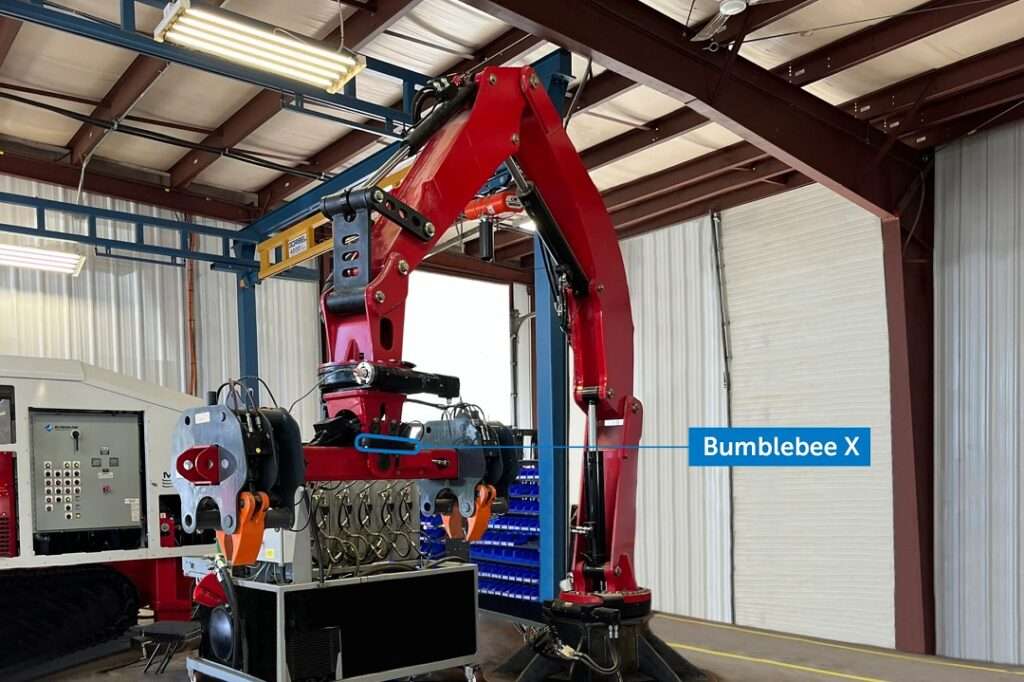- Daifuku is one of the leading multinational manufacturing and supplying ASRS technology to Indian customers
- The technology consists of shuttles, cranes, carousels, vertical lift modules (VLMs), micro-loads, mini-loads, unit-loads, or other systems
- The company has acquired Vega Conveyors & Automation and is planning to expand in India to boost ‘Make in India’ & ‘Atmanirbhar Bharat’
Industries suffered a great deal in the lockdown as offices and factories had to be shut down temporarily to ward off the spread of the COVID19 infection. Only industries providing essential goods and services were kept off the purview of lockdown. However, large scale migration of workers dealt blow to such industries as well during the lockdown. This unprecedented crippling situation once again underlined the importance and immediacy of automation in the Indian industries. Automation has been more or less part of the Indian industries as a nice-to-have option. But moving from this notion, the industries have realised the importance of automation as a must-to-have option, more so during the COVID19 period.

Japan-based Daifuku, one of the global market leaders in material handling automation, providing ASRS solutions to one of the most critical as well as labour intensive area industries – warehouse or inventory. Essential or non-essential, industries need highly efficient storage management/ warehouse performance and Daifuku offered innovative handling solutions which supported many of their customers during the most pressing need.
Asim Behera, Executive Board Member and COO of Daifuku, India, spoke to Machine Maker about the need for automation scenario in warehouse management. “Every business has its special needs, and we, at Daifuku, are eager to ensure that our clients take full advantage of Daifuku’s superior technology to maximize their business potential”, says Asim.
Daifuku, the global leader in factory automation and logistics solutions, set its footstep in the Indian market around 2013 and within just seven years has become a market leader and an authority on implementing high-end automation in the material handling sector. Daifuku in a very short time was able to secure multiple ASRS orders from Indian manufacturers, a result of superior technology and most importantly the extensive support extended by its Indian team under Mr Behera. During his time in the US, Asim played a crucial role in implementing and automating numerous multi-million dollar Distribution Centers in the USA for companies including mega-retailers Wal-Mart and Target to name a few.
Revolutionizing Indian Warehouses with ASRS
AS/RS or an Automated Storage And Retrieval System—also called AS-RS or ASRS—is a type or genre of warehouse automation technology specifically designed to buffer, store, and retrieve product and inventory on demand. The technology consists of a considerable variety and can come in the form of shuttles, cranes, carousels, vertical lift modules (VLMs), micro-loads, mini-loads, unit-loads, or other systems. It is often integrated with warehouse execution software (WES), warehouse management software (WMS), or other controls.
 Used to the mentality of the infamous ‘jugaad’ and AS/RS being an expensive but highly efficient solution to manual warehousing, RoI (Return of Investment) is the first question from Indian industries for Daifuku. Mr. Behera mentions that most of the customers, it caters to, have been using ASRS since 2014 and 2015. “
Used to the mentality of the infamous ‘jugaad’ and AS/RS being an expensive but highly efficient solution to manual warehousing, RoI (Return of Investment) is the first question from Indian industries for Daifuku. Mr. Behera mentions that most of the customers, it caters to, have been using ASRS since 2014 and 2015. “
Despite having no definitive RoI, there were other tangible RoI that they looked at. And the year 2020 showed why they made the right decision,” Asim said adding “Now they consider intralogistics automation like ASRS as necessary for them, be it for any new plant or upgradation project. So, there has been a huge transformation in the mindset from when and where started.”
COVID19: How Automation Bailed Out Indian Manufacturing
“Food & Beverage companies never really stopped,” informs Behera. After the first 10-15 days of the lockdown, the Food & Beverage industry was back in business. People were stacking up on all they could and food was a priority. Some of the early investors in automation from the Pharma, Food & Beverage sectors were the most who were able to get benefit through technology, combating the lockdown, which helped them to run their business.
“The year 2020 has shown that the companies have understood that they need to have Plan B. In India, we think it will be status quo. We think let things come and we will see how to get along or cross that bridge,” said Mr Behera. Most of the manufacturing sector had not been coping so well during the lockdown either because of no manufacturing or being in containment zones. After speaking to potential customers in August, Behera came to realise the situation of other sectors during COVID19. For instance, the Tyre industry had been hit hard in the four-wheeler and passenger segments but the motorcycle segment had started to pick up the pace by the Unlock 3.0.
Apart from companies involved in the manufacture of essentials, others had also started to get back in business by August. Some of the customers that Asim got in touch with had been only servicing their backlogs to first reach the goals meant for 2020. The race for growth had been turned into a painstaking effort into maintaining the current situation.
Automation is Maturing in India: From Nice to Have to Must-Have
A visible shortage of manual labour was encountered by many industries post-lockdown. Travel restrictions, containment zones, fear of the virus and lack of sanitised transport facilities put up a barrier between employers and labourers, thus affecting manufacturing and other operations that need manual labour. This worked in favour of the AS/RS technology as people were looking to automation as an answer for all their troubles. “Customers [now] see it as a ‘must-have’ rather than a ‘nice-to-have [tech],” observes Asim Behera.

As of now, eCommerce companies are heavily investing in automation. The pandemic worked in the favour of e-commerce as the inability to go out triggered the customers to go online. This worked as a catalyst for all the online giants and even smaller, lesser-known labels. Mr. Behera states that not only are these companies making huge investments in automation but are also accelerating the process since the pandemic rose their sales sky-high. Equipped with huge warehouses, e-commerce companies are, perhaps, the most in need of some automation.
As for others, it depends on the size of the factories and warehouses. If they are split into two or more or are considerably smaller, the need for automation is decreased exponentially and the hope for investment dwindles a little. But overall, the companies which had the best supply chain not only survived the crisis but made more money than they had done any time before. Taking Cognizance in 2021, Management of workforce and available space is a major factor while automation is considered as a viable option.
“Right now one of the biggest challenges that we face in the country is not lack of human but the human force in the skill fashion needed to deliver the output that is expected out of a corporation,” Mr Behera opines. So, how large ever the space there may be, the management issue is a deterrent for smooth running. That is where automation steps in and give that leverage to run the operations in a condensed format or even remotely. Mr Behera thinks that this will be a focus area for companies to think about during 2021. “Many inquiries that cooled off during the lockdown will be reviewed during the year and companies will consider investing in automation, at least in phases,” he said.
Make in India: The Next Step into the Future
In April 2019, Daifuku acquired Vega Conveyors & Automation Private Limited, a big move from the Japanese manufacturer to its commitment towards the Indian market. The investment will help Daifuku India to have many local advantages, to source and manufacture components with the required quality needed in the implementation of the ASRS projects. This is also Daifuku’s first step towards ‘Make in India’.
“In a market, the closer you are to a customer, the better your chances are at first, understanding the customer, [second], understanding the market and [finally] how to sell [your product],” explains Asim. The purpose here is simple enough – ‘best quality in lowest prices’ and hence it would be convenient to manufacture them in a factory of their own. For Mr Behera, the call of an ‘Atmanirbhar Bharat’ by the Prime Minister is apt and the call of the moment; the very road for a jump in the GDP that the country so desires.
Thinking of automating your factory, get in touch with Asim. For more details, visit https://www.daifuku.com/








